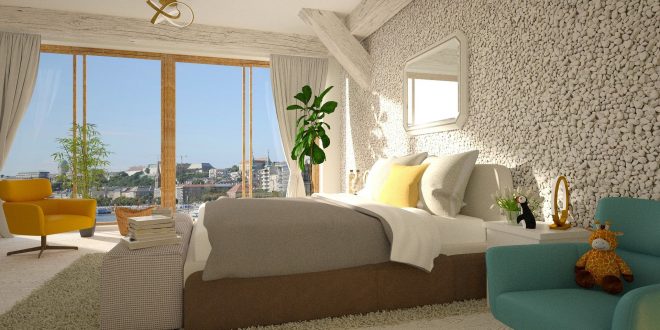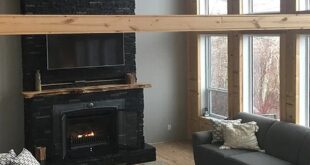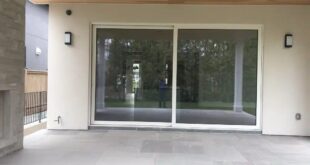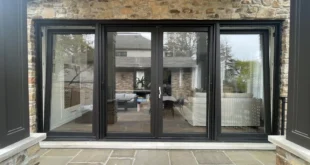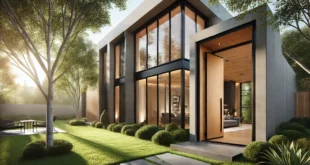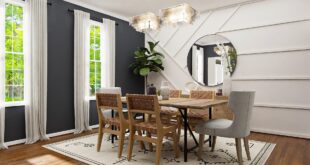When in need of texture and accents on the exterior or the interior of the home, homeowners, designers, architects, and builders often opt for stone veneer. You may have seen beautiful displays of stone veneers on fireplaces, interior accent walls, house facades, walls and columns.
Stone veneer can be made from natural stone as well as from manufactured stone. In 20th century manufactured stone veneers became a popular alternative to natural stones. The new product is referred to by many different names, but it essentially one and the same thing – a slurry of Portland cement, aggregates and iron oxides, mixed and cast in moulds to look like natural stone. The veneer stone industry was doing its best to displace natural stone and today an inexperienced observer would generally have a difficult time telling manufactured stone veneer from natural stone veneer.
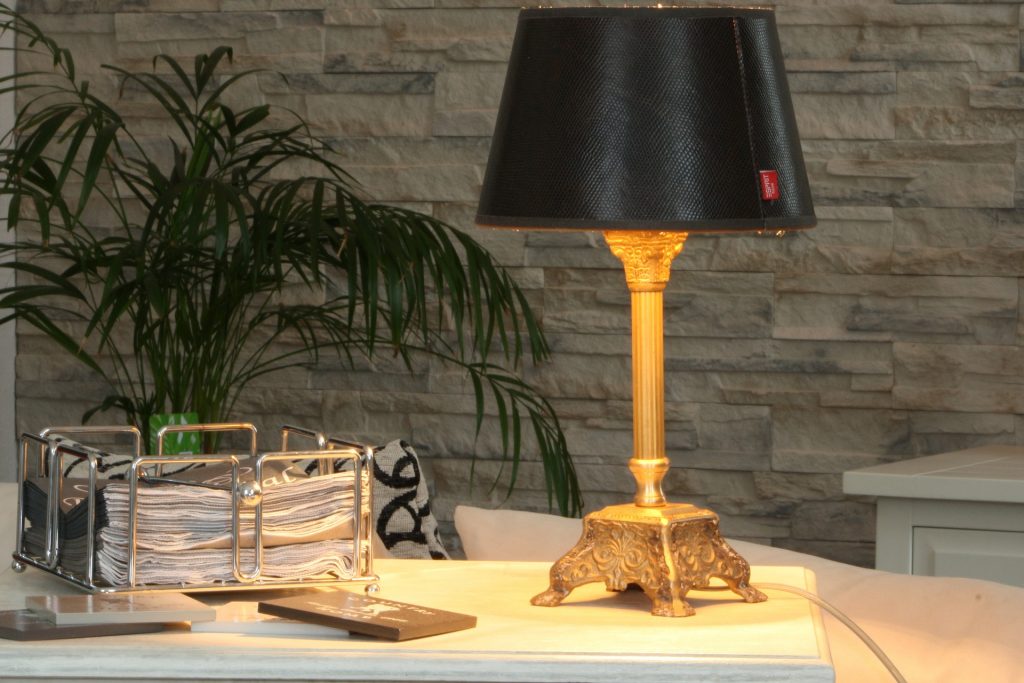
So, how can you tell the two kinds of veneers apart and which product should you choose for your project?
There are both pros and cons of natural stone veneer and manufactured stone depending on your priorities and requirements.
Natural stone veneer is made from real stone. The large pieces are sliced into thin profiles to create veneers. As this a natural product, quarried form earth, it features imperfections, textures and tonal variations. Manufactured stone veneer, on the other hand, is produced in uniform sizes, textures and colours, with predictable quality.
Manufactured stone veneer comes in wider variety of styles, patterns and colours, but its colours can fade over time, especially when it is inexpensive inferior manufactured stone. On the contrary, although the quality of the natural stone veneer can vary, its colours can also fade, but at much, much slower rates.
Today’s manufactured stone veneers can offer a realistic aesthetic, but a closer look usually spots identical stones, while natural stone is never repetitive and has a more pleasing appearance.
Manufactured veneer stone is too weak to be used structurally for building purposes. Veneer stone can hold up its own weight, but it cannot carry additional weight. Natural stone can be used structurally, though this is becoming a rare practice in modern building, as this requires an experienced mason. But natural stone is commonly used for pathways and flooring, not only walls.
Manufactured stone has the advantage of being lightweight, easier to install and can be fixed on a variety of non-structural substrates. Manufactured veneer stone comes in predictable sizes that are light and easy to cut and hang. Some manufactured stone products are available as larger square panels for much faster installation. Natural stone can be installed directly on porous concrete, stone, block or grout-free for a dry-stack appearance. Natural stone cannot be installed on drywall or other thin materials, and it is difficult to cut.
Depending on the type of cladding product you choose, the installation cost of manufactured stone can be lower and maybe the better option if you want to finish your stone veneer project without hiring a professional. But the maintenance costs of natural stone veneer are usually lower, as you can pressure wash it. Most of the manufactured stone products would not withstand high pressure.
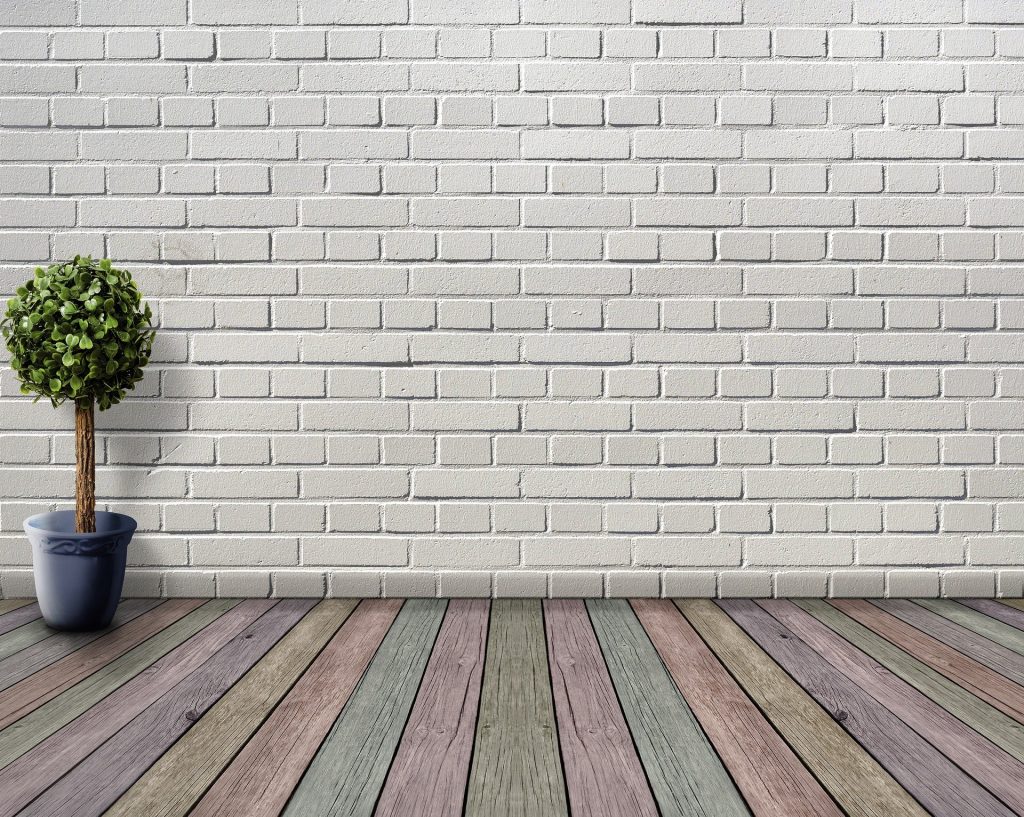
Some examples of high quality manufactured stone veneer:
- Faux stacked stone wall panels
- Faux Versetta Stone Siding: The Beauty of Traditional Stone Masonry in Canada
- Timber Ledgestone Fireplace
Here is a quick summary:
Manufactured veneer stone is more predictable, homogenous, lighter, easier to cut and hang. It is easy to obtain and allows quicker and cheaper installation. There is also a wide range of colours, patterns and styles to choose from. But it is too homogenous, its colours will fade, it is hard to clean and wears over time.
Natural veneer stone is heavier, hard to cut, more difficult to obtain, it features imperfections, textures and tonal variations. But it has uncompromised authentic nature, it is colourfast and durable – if well-installed and maintained, it will not need to be replaced in a lifetime.
If you are a do-it-yourselfer, you may prefer manufactured stone veneer, while for high-end projects natural stone veneer will be the better choice.
More on exterior stone veneer can be found here.
 Happy at Home Family Problems & Solutions | Home & Health Tips
Happy at Home Family Problems & Solutions | Home & Health Tips
